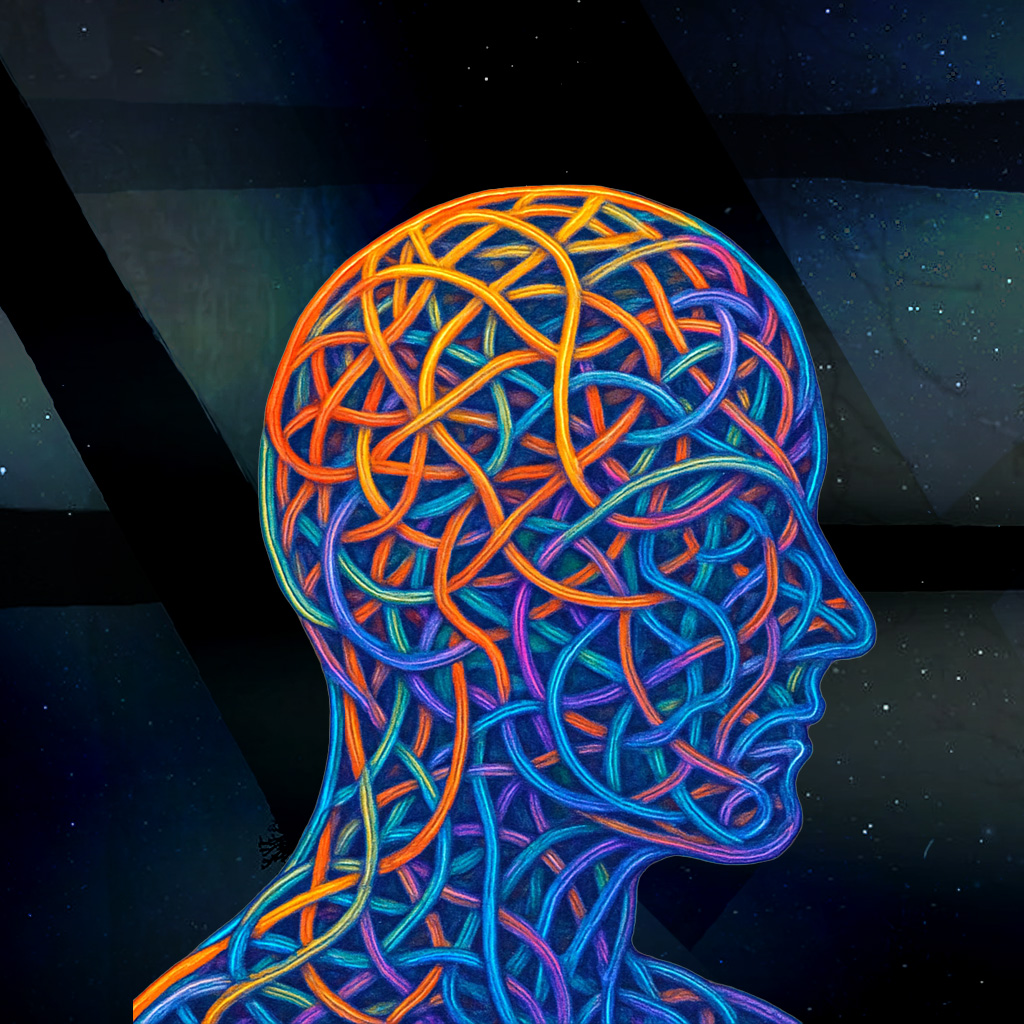
A reader asked: “In my day-to-day life, I often feel lonely. It seems like there’s not a lot of genuine connection. What is real connection? What are some qualities of it? And how do we nurture it? “
First we should talk about the source of this feeling of loneliness. From a Buddhist approach, the main issue here is that we fundamentally start with a sense of lacking. In Buddhism, the word is thirst (Sanskrit: tṛṣṇā). In English it is often translated as desire, but desire comes much later, after the fundamental problem. Desire is a reaction to thirst. It’s like searching after something or someone to take up the space where the thirst is. The thirst actually goes back to the original vulnerability we felt as a baby, in the early stages of our existence.
If you want to have a reference, Jacques Lacan, a French philosopher, talks about this a lot. We start with a sense of lacking, and from that lacking we come up with various kinds of desires. We look into our environment to get our needs met and then we begin to perform to our environment to get our needs met. As we begin to develop a narrative later in life, the narrative is “How do we perform to get attention?” And that tension is actually our existence. Getting attention is our existence.
In a modern world when we try to resolve that, there’s basically two ways.
There’s the spiritual, meditative way, which I’ll get to later. And then there’s the connection with others—through actually paying attention to them, listening to them, and attending to them beyond their form and all the accidental elements of the surface. Buddhism would call it the bodhi nature. You’re actually relating to their deep source of experience, listening carefully and paying attention. You suspend your own judgment, and you suspend your own projection. And if you suspend your own projections, something emerges—an actual sentience emerges. And it will always be surprising, because it’s not your projection. Each person lives in their own universe. It’s about actually engaging another universe and being open to that. But that’s vulnerable. It requires intimacy. It requires time. It requires careful listening.
The reason why right now it’s so difficult is because of this pseudo-connection that we have, particularly through social media. We say “Hi” to each other, and so forth. It takes up just enough of that space that we don’t have the space to actually connect. These pseudo-connections take up just enough of a sense of connectedness that there’s a dull sense of it being met, but it’s not deep enough to be at a level that it actually satisfies the source of where it’s coming from.
We would have to get rid of that dull buzz of that social media around us to open up the space. Ironically, you almost have to be more lonely to solve the problem of loneliness.
You have to give up the protection of the buzz of sensations that you’re taking in through constantly going to social media and this sort of hanging out with friends with very low expectations—all these interactions that just kind of take up time. Your reasoning of staying with it is because you’ll feel more lonely giving all that up. So you stay in that kind of half buzz of it, that never actually gets to the place where you are so uncomfortable that you are motivated to actually solve the real problem.
In terms of meditation, I would throw out the hypothesis that the more you’re meditating, the less you’re going to feel lonely. And the more you’re going to be able to successfully connect.
The more you meditate, the more vulnerable you’re able to be. And the more comfortable you are with being vulnerable, the less needy you’ll be. Because the problem is neediness, right? When you should be just hanging out with somebody, there’s this neediness. You have to feel like you’re there in a way that’s listening, quiet, and not so needy and always trying to grasp onto something.
The ironic thing is that people go to meditation because they think they’re creating some realm or world away from things. But if you really practice meditation, you’re actually present within all the stuff. You become less needy, and you get to the source of that thirst in yourself. This will actually lead you to being able to listen to other people as they present themselves and not have to project so much of your neediness or whatever else in the space. It’s this projection and neediness that keeps the person at a distance so that you can’t actually really connect with them.


